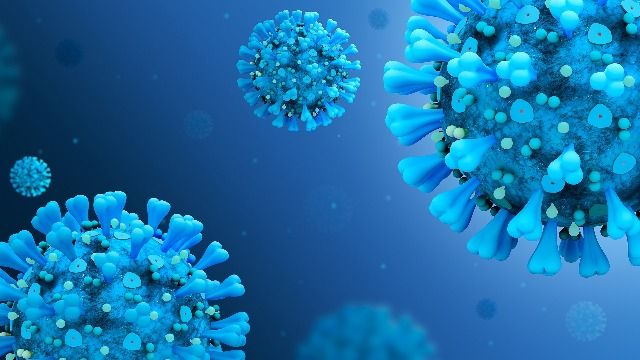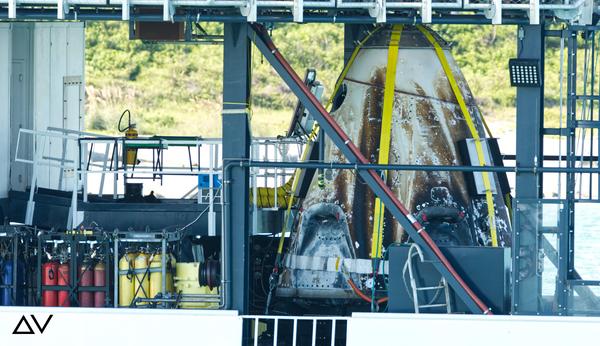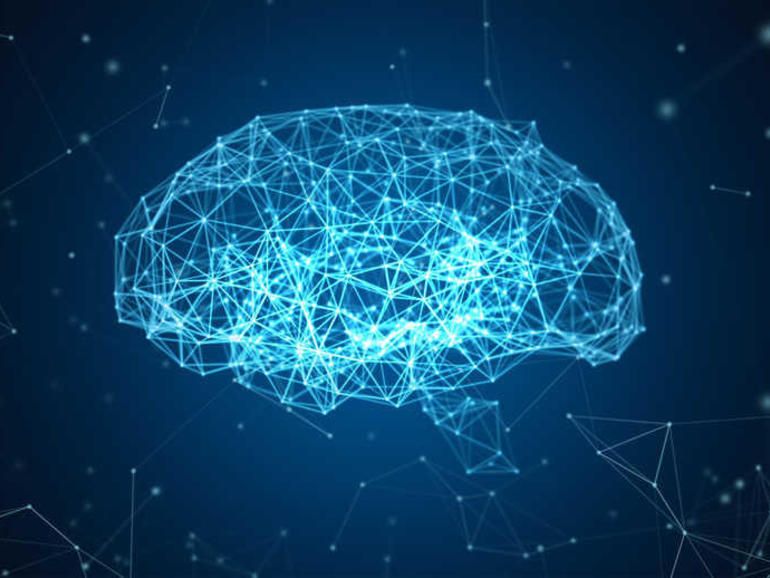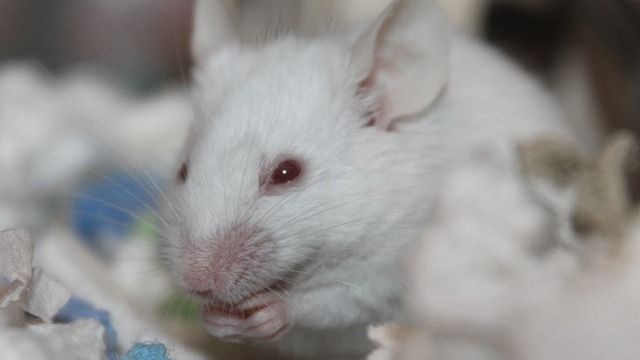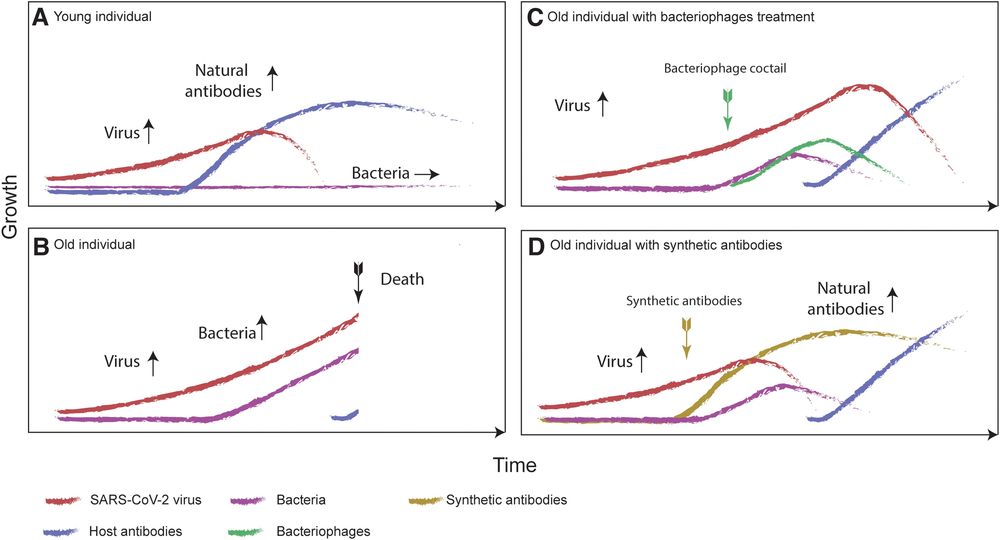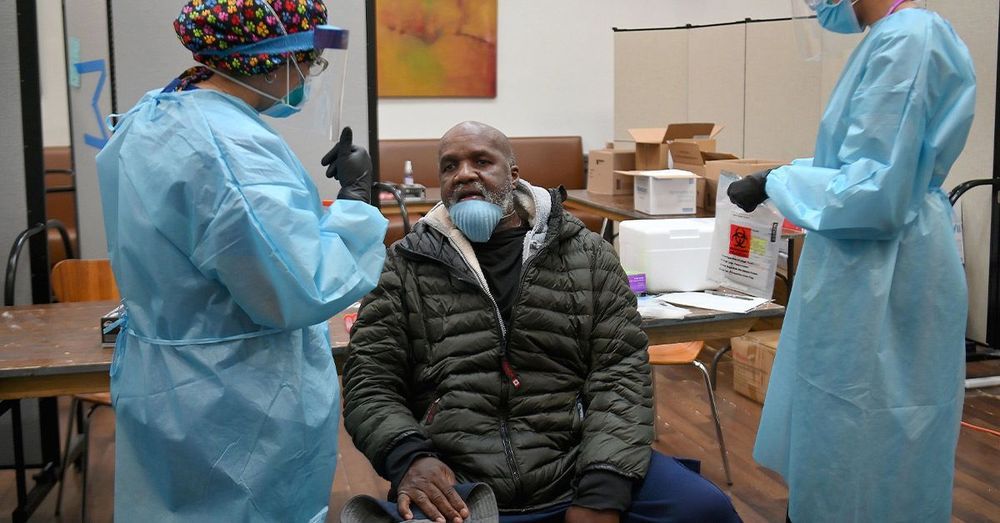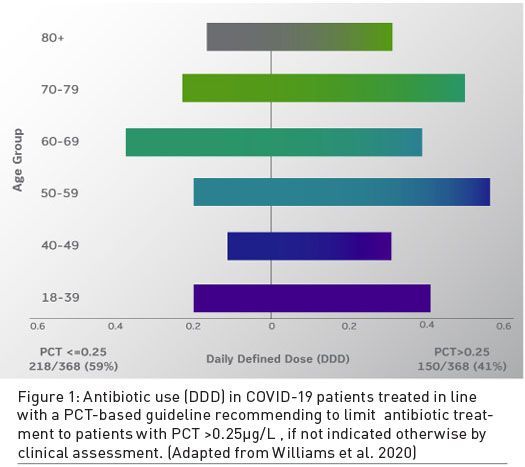Archive for the ‘biotech/medical’ category: Page 1611
Aug 10, 2020
Can We Fool SARS-CoV-2 With a Decoy Receptor for Cell Entry?
Posted by Lon Anderson in category: biotech/medical
SARS-CoV-2, the virus behind the COVID-19 global pandemic, has presented scientists with a variety of conundrums. Where did the virus come from? Why is there so much clinical variability across patients? Does the virus mutate – if so, to what extent? How does this impact vaccine design? Such puzzles have brought together some of the top researchers from across the globe working in unity to uncover desperately sought-after answers. Nonetheless, certain aspects of COVID-19 infection remain unsolved. One key elephant in the room is the current lack of effective therapeutics with which to fight the virus.
Aug 10, 2020
After a five day voyage SpaceX historic Crew Dragon arrives to Port Canaveral
Posted by Genevieve Klien in categories: biotech/medical, space travel
Featured Image Source: ΔV Photos @DeltavPhotos via Twitter.
The United States reemerged as a space power with human spaceflight capabilities when SpaceX launched NASA Astronauts Robert Behnken and Douglas Hurley aboard the Crew Dragon spacecraft to the International Space Station (ISS) in May. The mission, referred to as Demo-2, was the first time the agency launched astronauts from American soil since the Space Shuttle fleet was grounded in 2011. A Falcon 9 rocket lifted off from Launch Pad 39A at the Kennedy Space Center in Florida, igniting a new era in human spaceflight. After a two-month-long stay at the orbiting laboratory, the brave pair returned aboard the Crew Dragon they called ‘Endeavour.’
Dragon Endeavour undocked from the space station’s Harmony module on August 1st. Astronauts Behnken and Hurley conducted a 19-hour return voyage. On August 2nd, Dragon reentered Earth’s fiery atmosphere at a speed of around 17,500 miles per hour with the astronauts aboard. The spacecraft experienced high temperatures over 3,500 degrees Fahrenheit. Then, it deployed its sets of parachutes to slow down and conduct a parachute-assisted splashdown in the Gulf of Mexico off the coast of Pensacola, Florida. It was the first splashdown of an American spacecraft carrying crew in 45 years. NASA Administrator Jim Bridenstine shared his excitement -“We have Splashdown! Welcome home Behnken and Hurley!” he said. It is the first time the company returns humans from space. NASA and SpaceX recovery teams arrived to the spacecraft aboard the ‘Go Navigator’ ship to pick up the astronauts and Dragon. The vessel features a medical room and a helicopter landing pad.
Aug 10, 2020
IBM and Michael J. Fox Foundation develop machine learning model for Parkinson’s
Posted by Genevieve Klien in categories: biotech/medical, robotics/AI
Aug 10, 2020
Thymus Regeneration, Immunorestoration, and Insulin Mitigation Extension Trial
Posted by Montie Adkins in categories: biotech/medical, genetics, neuroscience
Last year information was released concerning rejuvenation of the thymus which resulted in a reversal of the epigenetic clock an average of 2.5 years in a small trial of 9 people costing $10,000 per person. You can get this done too. A company has formed called Intervene Immune which will take on volunteers for the process. It is not funded so you would have to pay out pf pocket though eventually the cost may come down and they can provide financing. You do not have to travel to California to get this done. Cost prohibits me, and I may or may not be eligible as I have IBS though that is not on the exclusion list. I emailed them concerning all this which is how I got the information.
https://www.surveymonkey.com/r/TRIIMX
Continue reading “Thymus Regeneration, Immunorestoration, and Insulin Mitigation Extension Trial” »
Aug 9, 2020
A CRISPR Way to Restore Hearing
Posted by Quinn Sena in categories: biotech/medical, genetics
Hereditary hearing loss is one of the most common disabilities among newborns, affecting approximately 1 in 1000 live-born babies. Most forms of hereditary hearing loss are nonsyndromic; 80% of affected newborns have hearing loss that is inherited in an autosomal recessive pattern, and in the remaining 20%, inheritance shows a dominant pattern.1
Many forms of hereditary hearing loss are caused by mutations in genes that affect the formation and function of cochlear hair cells — highly specialized sensory cells that play an important role in the detection and processing of sound.1 The hair cell has bundles of hair-like projections, called stereocilia, on its apical surface ( Fig. 1 ). The deflection of these bundles by sound results in the opening of mechanotransduction ion channels, which are located at the tips of the stereocilia, and consequently, in the depolarization of the hair-cell membrane. Mutations that affect the protein transmembrane channel-like 1 (TMC1), an integral component of the mechanotransduction complex, cause autosomal dominant and autosomal recessive forms of hearing loss.2 Correction of the dominant form of hearing loss in a mouse model of Tmc1 (termed “Beethoven”) was recently reported by Gao and colleagues.3
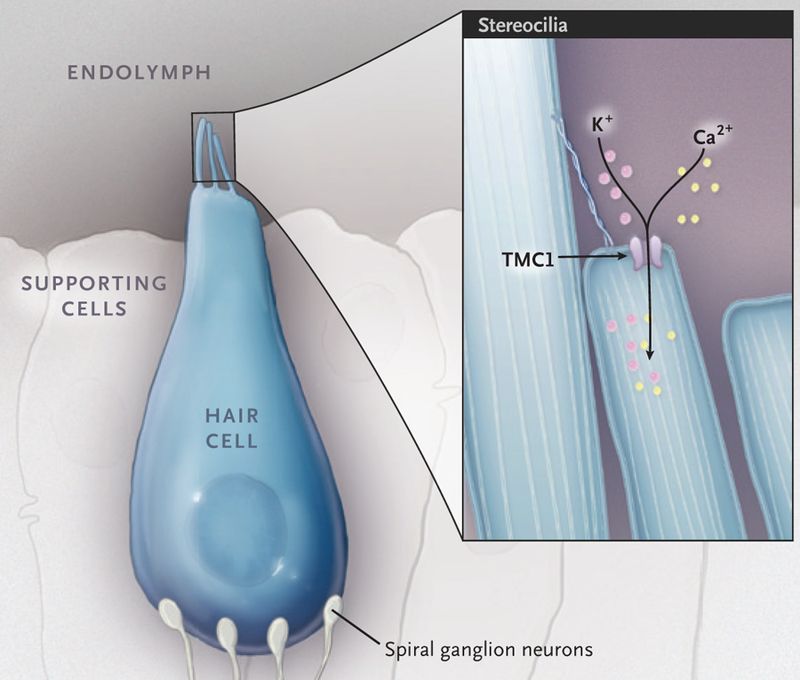
Aug 9, 2020
Saving Beethoven: CRISPR Returns Hearing to Deaf Mice
Posted by Quinn Sena in categories: biotech/medical, genetics
Circa 2019 face_with_colon_three
Scientists at Harvard Medical School and Boston Children’s Hospital have used a novel gene-editing approach to salvage the hearing of mice with genetic hearing loss and succeeded in doing so without any apparent off-target effects as a result of the treatment.
Aug 9, 2020
Bacteriophages Could Be a Potential Game Changer in the Trajectory of Coronavirus Disease (COVID-19)
Posted by Omuterema Akhahenda in categories: biotech/medical, economics, health
Bacteriophage can reduce bacterial growth in the lungs, limiting fluid build-up. This could decrease the mortality of patients affected by COVID-19, according to the peer-reviewed journal PHAGE: Therapy, Applications, and Research.
“The bacterial growth rate could potentially be reduced by the aerosol application of natural bacteriophages. These prey on the main species of bacteria known to cause respiratory failure,” says Marcin Wojewodzic, PhD, University of Birmingham (U.K.). Decreasing bacterial growth would also give the body more time to produce protective antibodies against the disease-causing coronavirus.
Used correctly, phages have an advantage here of being able to very specifically target the bacteria that cause secondary infections. They would remove the problematic bacterium but leave an otherwise fragile microbiome intact.” Martha Clokie, PhD, Editor-in-Chief of PHAGE and Professor of Microbiology, University of Leicester (U.K.)
Aug 9, 2020
Drug-Resistant Bacteria Hidden Danger for People with COVID-19
Posted by Omuterema Akhahenda in category: biotech/medical
Superinfections — a common complication in which a secondary bacterial infection occurs on top of the primary viral infection — are also to blame.
Early evidence (Trusted Source) suggests that about 50 percent of people who’ve died from COVID-19 also had a secondary bacterial or fungal infection, some of which were resistant to antibiotics.
First is a condition called ventilator-associated pneumonia (Trusted Source), a lung infection that develops when harmful germs get into a person’s lungs via the part of the ventilator that goes through the throat.
Continue reading “Drug-Resistant Bacteria Hidden Danger for People with COVID-19” »
Aug 9, 2020
The Role of Procalcitonin for Risk Assessment and Treatment of COVID-19 Patients
Posted by Omuterema Akhahenda in category: biotech/medical
50% of people who die of covid19 have bacterial co-infections. Procalcitonin (PCT) tests may be needed to predict who will have severe infections, and how to respond with adaquate treatment. Clearly the wrong testing is being done. People need 3 tests for covid. People need antigen tests, antibody tests, and Procalcitonin (PCT) tests to see the severity of sickness a person will have.
Procalcitonin (PCT) is a widely used biomarker to assess the risk of bacterial infection and disease progression. In patients with bacterial sepsis, suspected or confirmed lower respiratory tract infections, including community-acquired pneumonia, acute bronchitis and acute exacerbations of COPD, PCT can be a useful decision-making tool for antibiotic therapy (Schuetz et al. 2018). In addition, early evidence suggests that PCT may also be a valuable tool in identifying COVID-19 patients who may be at risk for bacterial co-infection.
Procalcitonin is widely used to assess the risk of bacterial infection and disease progression. Can it be an additional tool to identify COVID-19 patients at risk of severe disease?
